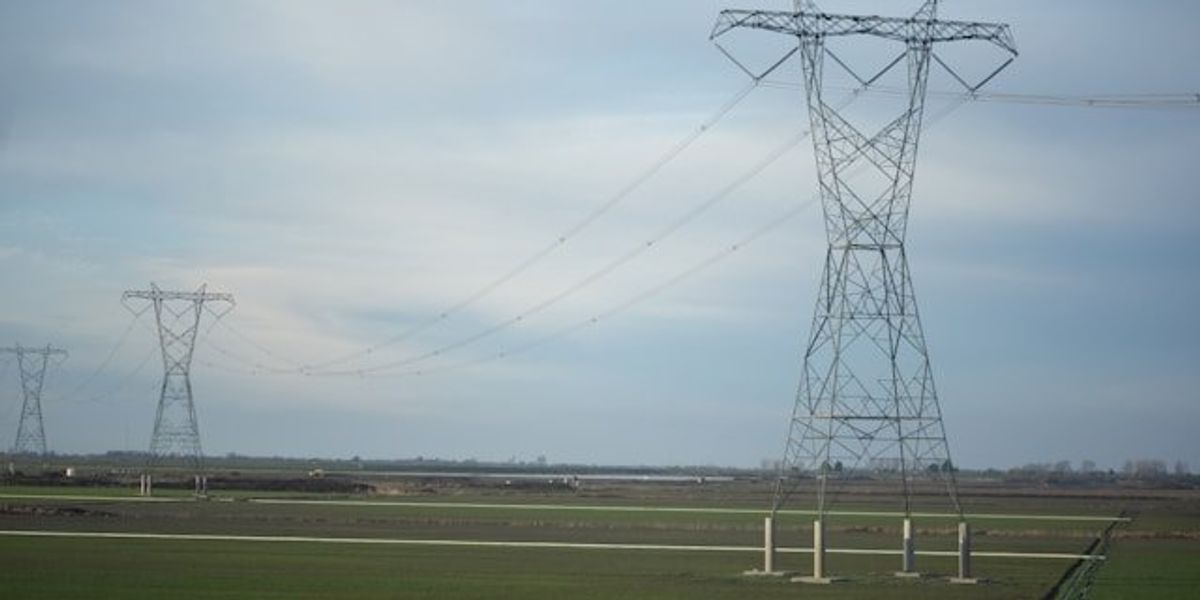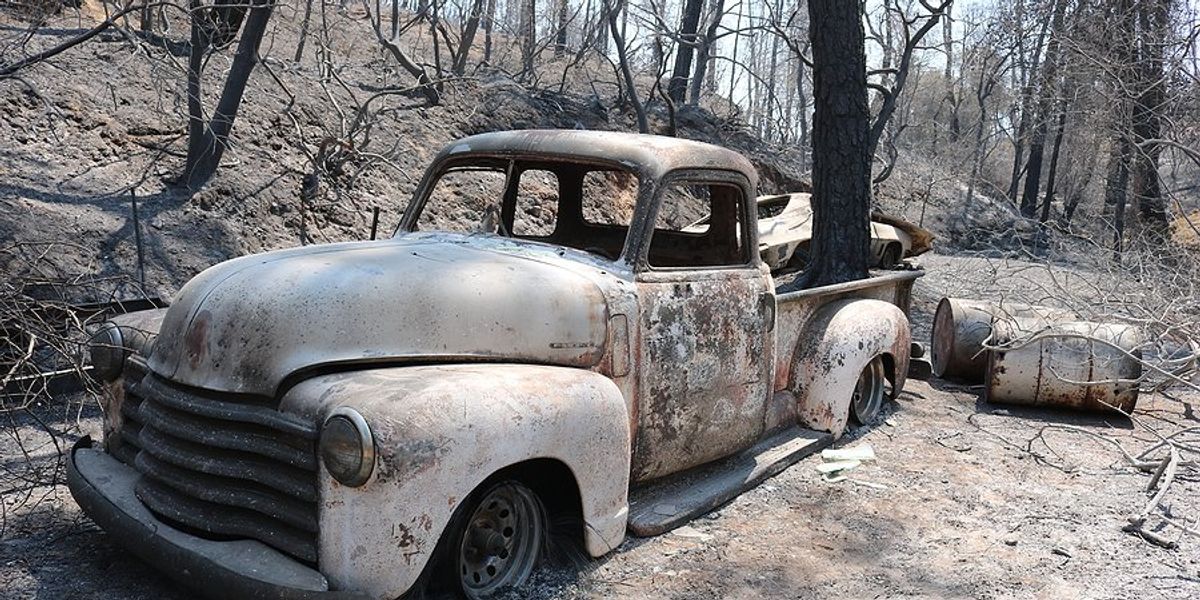employment
US oil production hits record levels while jobs decline
Despite record oil and gas production in the U.S., job opportunities in the sector continue to decline due to increased efficiency and technological advancements.
In short:
- Oil production in the U.S. has reached an all-time high, with the country averaging 13.4 million barrels a day, yet employment in the oil and gas fields has decreased by nearly 20% from pre-pandemic levels.
- Technological innovations such as automated rigs and remote drilling have reduced the need for workers, leading to a more streamlined but smaller workforce.
- While job growth has slowed, the oil and gas industry continues to support related jobs in refineries, infrastructure and supply chains, contributing significantly to local economies.
Key quote:
“You just need fewer workers to produce more oil. When you need less workers, that’s a sign of growth. On the other hand, these are real people losing their jobs.”
— Greg Upton, executive director of Louisiana State University’s Center for Energy Studies
Why this matters:
The decline in oil and gas jobs amid rising production highlights a shift toward greater efficiency, which could affect employment in energy-dependent regions. As technology evolves, the industry may see further job reductions, impacting economic stability in key areas reliant on fossil fuel production.
Related EHN coverage:
What to expect from work the next time wildfires poison your commute
Google told workers on the U.S. East Coast to work-from-home earlier in June when Canadian wildfire smoke sent air quality to dangerous levels for human health, but that was not a step many companies took.
Young workers: "Address climate change, or we’re out of here"
'We can’t find people to work': The newest threat to Biden's climate policies
Climate researchers: Michigan set for "economic boom" due to Inflation Reduction Act
A new study says Michigan could see a dramatic influx of new jobs and economic growth due to the Inflation Reduction Act. The Act is investing $370 billion nationwide to fight climate change.
New Zealand wants to tax farmers for their cows' burps and farts
A burp or fart at the dinner table might land you in trouble – but if you’re a cow or sheep in New Zealand, it might land your owner a hefty tax bill.
Ford slashing 3,000 jobs as it looks to make EV transition
Ford Motor Co. announced plans to cut 3,000 jobs as the automaker restructures and reorients its business around electric vehicles, a spokesman confirms.



















